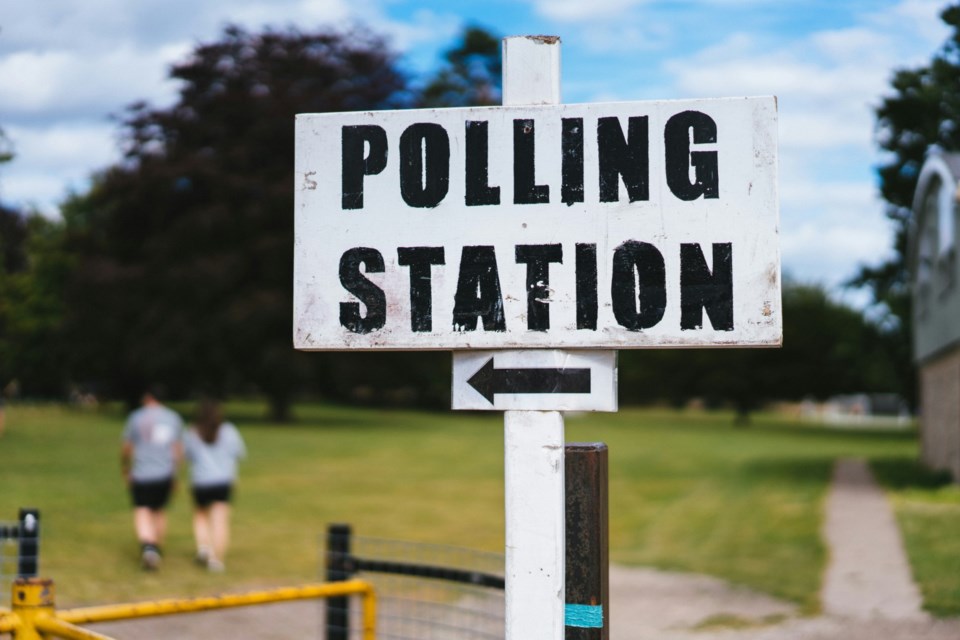For generations, candidates’ representatives were allowed to scrutinize electoral votes to prevent errors or malice from election officials. This oversight ensured that bribery, favouritism, or incompetence did not influence outcomes.
Voting machines face similar vulnerabilities. They are prone to errors and can be programmed to manipulate results. Yet authorities expect the public to trust these machines as if they are infallible, objective, and benevolent. This trust is misplaced.
Municipalities and provinces have increasingly relied on vote tabulators for elections, often without implementing verification processes that would ensure public confidence. This needs to change.
Regina recently used computerized vote tabulators to count all ballots in the Nov. 13 municipal election, as did most cities in Saskatchewan. The machines were deemed perfectly reliable after a test run involving just 16 votes. This conclusion would be laughable if it weren’t so concerning and with potentially serious consequences.
Aleksander Essex, an associate professor of software engineering at Western University, advocates for risk-limiting audits to restore confidence in vote-tabulated elections.
“We can do a random sample of the paper that doesn’t involve a full count, and we can assure ourselves that the winner really won with high statistical precision,” Essex said. “That’s what they do in the US. We should be doing it here. The fact that we’re not doing it here is, I think, a problem.”
Essex has approached municipal and provincial officials to require such audits, but his efforts have had little success.
“Tabulators are actually okay if you use mandatory, routine post-election audits of the paper trail and then invite the candidates’ representatives to witness the auditing,” Essex said. “But that’s not what they’re doing. They’re doing what in computer science we call a black box. Votes go in and a number comes out, and you can’t see what’s in between.”
Essex argues that this oversight violates democratic conventions. He says his advocacy has drawn unwelcome reactions from government officials.
“I’ve had some things happen to me ... that I don’t want to talk about, but if I could talk about, I think you’d agree weren’t so great. And they come down to people in power reacting badly to something that they ought not react [to],” he said.
The Shakespearean saying, “Thou dost protest too much,” comes to mind. Regardless, Essex refuses to speculate on motivations or elaborate on the consequences he has faced.
Essex supported legal challenges to computerized and phone voting in Lambton Shores, Ont., in 2019. Despite his efforts, the courts rejected two attempts – one before the election and one after – to force a comparison between paper ballots and electronic counts.
“You would really have to come up with something extraordinary to convince the judge to let you do this. And that’s unfortunate because the burden of proof should not be on the losing candidate. It should be on the agency that conducts the election,” Essex said.
“It seems like (most) of the avenues (for vote verification) that make the most logical sense are not the ones that would be convincing at a legal level. Go figure,” he added.
Essex said candidates had approached him after elections with results that seemed inconsistent with their expectations. They wondered if the machines could be manipulated. His answer is always the same: hypothetically, yes.
“I’m not saying this is happening. I’m not saying I’ve ever heard of this happening. I am saying that it is a computer, and computers run software, and the software can be modified,” Essex explained. “At a technical level, strictly speaking, it can be done.”
Essex believes it is “not cool” that machine use denies losing candidates basic assurances regarding vote counting when simple procedures could settle such concerns. He said anyone seeking to commit fraud could ensure a decisive victory for their preferred candidate, avoiding a judicial recount altogether.
Election officials, elected leaders, and machine providers all urge the public to trust the system. But trust cannot be blind. It must be earned through transparency and accountability. For now, voters are forced to place unwarranted trust in programmable machines – trust they would never extend to human vote counters without oversight.
In May, Alberta passed Bill 20, banning vote tabulators from municipal elections entirely. Some municipalities have complained about the higher cost of hand-counted elections, but transparency and public trust are well worth the trade-off.
Lee Harding is a Research Fellow for the Frontier Centre for Public Policy.
The commentaries offered on SaskToday.ca are intended to provide thought-provoking material for our readers. The opinions expressed are those of the authors. Contributors' articles or letters do not necessarily reflect the opinion of any SaskToday.ca staff.




